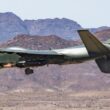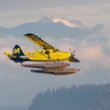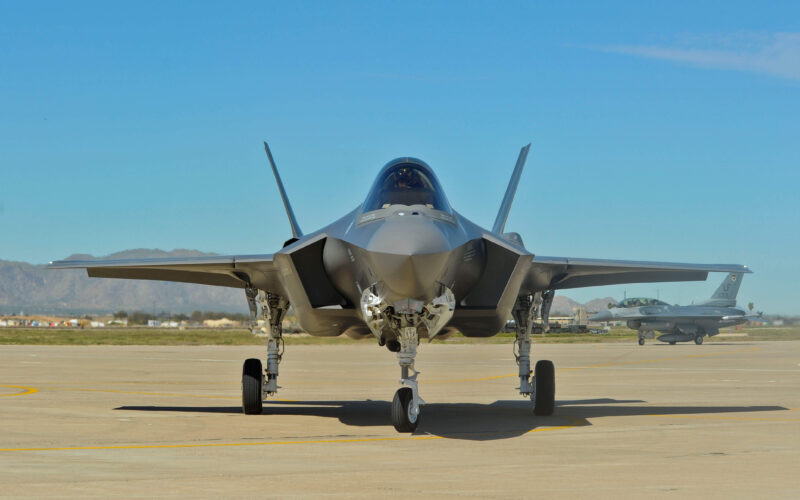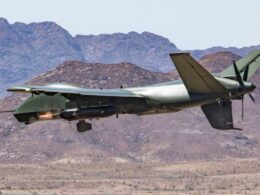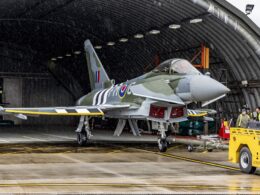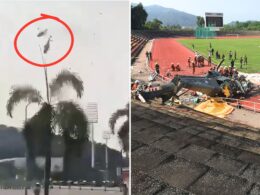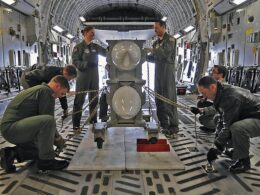After halting the delivery of parts earlier in 2019, the Pentagon is now considering halting the training of Turkish pilots on the F-35 in yet another episode of the ongoing dispute between the United States and Turkey regarding the acquisition of the Russian S-400 system by the latter.
Four Turkish pilots are currently going through a year of training at Luke Air Force Base, Arizona, and 37 technicians are already qualified for the maintenance of the stealth fighter. But according to sources close to the matter quoted by Reuters, the Pentagon could suspend all training of Turkish personnel, without specifying if the measure would be temporary or definitive.
This comes after information was made public by Defense Minister Hulusi Akar that the Turkish military was already receiving training in Russia to the operation of the S-400 missile defense system. Moreover, Russian specialists are expected in Turkey to set up some of those systems “in the following months,” Akar told local media Habertürk.
In April 2019, the Pentagon announced that “deliveries and activities” related to the Turkish F-35 operational capability would be halted until the delivery of the S-400 was canceled. Despite the several ultimatums given by Washington, the sale seems to be ongoing nominally.
A contract was signed between Russia and Turkey in December 2017 for two of the systems. The anti-missile, anti-air weapon has no interoperability with other NATO systems. The acquisition could lead to sanctions from the United States, as the Countering Russian Influence in Europe and Eurasia Act of 2017 forbids any country from acquiring weapons from certain Russian companies.
Days before the first F-35s meant for Turkey rolled out of Lockheed Martin assembly lines, the Committee on armed services, part of the United States Senate, asked for the Defense Department to consider the effect of Turkey’s removal from the program on the F-35 production.
In 2002, Turkey was the seventh country to enter the Joint Strike Fighter program, as a level 3 partner. It has since invested more than $200 million in the project. Several Turkish companies have taken part, with Turkish Aerospace Industries being the supplier of Northrop Grumman for the weapon bay doors of the F-35. Removing Turkey would disrupt the supply chain and lead to delivery delays and additional costs.


